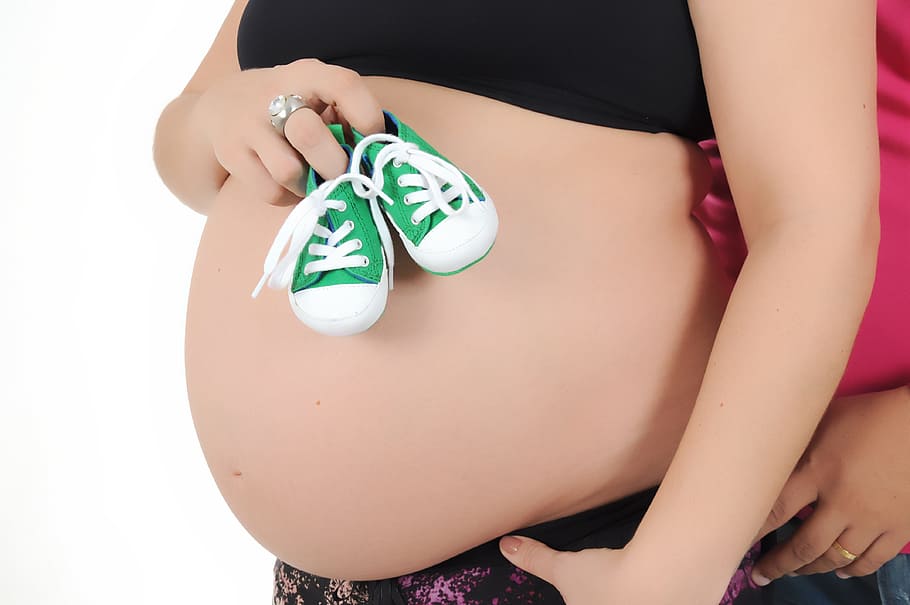Just because you have a working knowledge of your body, attended science classes or researched menstruation, this doesn’t mean you are an expert on fertility unless you are a gynaecologist who keeps tabs on it. The average woman is born with around two million eggs in her ovaries. It sounds like a lot, but most don’t survive in reality. In her article in The Huffington Post, Carolyn Givens reports that on average, for every egg that ovulates, about 1,000 eggs disintegrate. Women lose egg cells like any other cell. One egg per ovulation is the one with a chance. According to Lynne Cooke and Scott M Nelson of The Online Library, a healthy fertile couple only has about a 20% chance of getting pregnant in any given month. Time, patience, and knowledge can help you understand your fertility. Here are some other facts about fertility and ovulation that you may not know:

1. Your diet doesn’t affect fertility, but weight does.
Even if you eat well and often exercise, that does not guarantee your fertility, but it doesn’t hurt your chances. In her article 8 Surprising Facts about Fertility on Parents.com, Stephanie Hunt tells us that one in ten healthy couples of reproductive age will experience fertility problems. Carolyn Givens says that your weight can affect your fertility significantly; and that overweight or obese women have less chance overall of getting pregnant. They are also more likely to take longer than a year to conceive. It is due to complications that the excess weight causes, putting pressure on your body. However, being underweight is equally as detrimental to your conception chances.
2. Age affects fertility.
The number one hindrance to fertility is age. For healthy women, fertility peaks in their mid-twenties begin declining in their late twenties, and free falls in their late thirties. If you are concerned with your chances of conception due to your age, you should request a fertility test or consult a fertility specialist. The Centre for Menstrual Disorders and Reproductive Choice discusses the effects of age on fertility. It states that most women are infertile and going through menopause by their mid-forties, even if they are still ovulating regularly. Therefore, many women opt to use donated eggs to conceive in their forties.
3. You are most fertile before you ovulate.
It was previously thought that the day you ovulate was the day you are most fertile. However, according to Your Fertility, that is not the case; you’re more likely to get pregnant if you have intercourse up to five days before ovulation. It is known as the ‘fertile window’. Once the egg leaves your ovary, it is viable for 12-24 hours. Sperm can survive in the womb for up to five days. Therefore, you increase your likelihood of getting pregnant if there is already sperm in there, ready to fertilise the ovum.

4. Smoking is detrimental to fertility.
As well as just being bad for you generally, smoking can affect your fertility. Smoking women reach menopause earlier than non-smoking women. Even passive smoking can affect your fertility. Smoking women or those who experience second-hand smoke can find it difficult to conceive. Indeed, on average most smokers won’t conceive for up to a year. However, it’s not a forever factor. Stephanie Francis, who writes for Mamamia Women’s Network, tells us that quitting the habit reverses the effects in under a year. So, to give yourself your best chances, quit the habit, or get your partner to quit theirs.
5. Your sense of smell heightened during ovulation.
It is also a side-effect of pregnancy. So, if you have been noticing smells more powerfully today, it could mean that you are ovulating. Other signs of ovulation include Mittelschmerz, or middle pain, which is a cramping pain in one or both of your ovaries as the egg is released; heightened vision and taste, breast tenderness and change in discharge.
